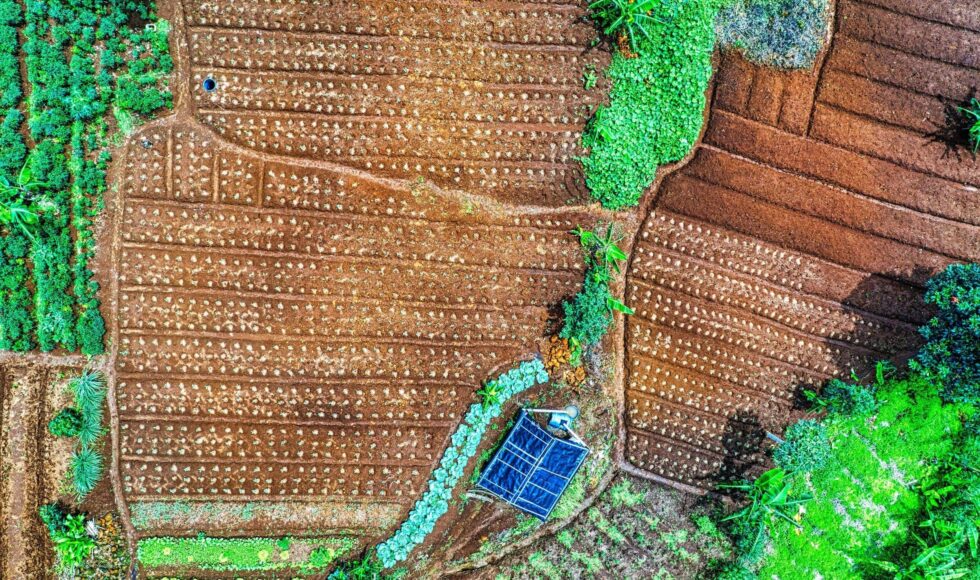A leaked draft of the EU’s long awaited global anti-deforestation law has surfaced and is circulating among journalists.
The text, which is due to be adopted by the European Commission this December, aims to prevent products associated with deforestation from being sold in the EU’s single market, and establish “deforestation free supply chains” for products in the EU.
Europe understands that its strength is its market, and through regulation the EU is hoping to leverage that strength to promote its climate objectives further afield.
The legislation would expand current rules on imports to also include environmental concerns embedded in company supply chains, in addition to their direct emissions. However, the leak has sparked concerns from environmental groups that the law may be watered down by corporate lobbyists.
Scrutiny over the relationship between corporations and global deforestation has been a consistent topic across the media in recent years. The Amazon recently hit the headlines for becoming a net carbon emitter as its capacity to absorb CO2 becomes increasingly diminished due to environmental damage and deforestation.
As such, the EU consultation on the law was the second largest ever, with 1.2m responses, of which 68% were directly from EU citizens.
The impact
The new law, which will cover beef, palm oil, soy, wood, cocoa and coffee imports, would have a significant impact on the way companies exporting to the EU manage deforestation in their supply chains. Hopes are high that the law will penalise companies that sell goods associated with deforestation, and promote companies that actively reduce the deforestation in their supply chains.
The European Commission themselves have admitted that EU consumption of commodities like palm oil, soy and beef are the cause of an eye watering 10% of global deforestation.
Arjen Vrielink, Co-founder of deforestation monitoring specialists Satelligence, believes that the move to include supply chain emissions in the evaluation of a company’s sustainability commitments is a “good idea in principle.”
However, Vrielink expressed a common concern around this upcoming legislation.
“We should keep the complete picture in mind; in the end, deforestation is a global problem and the European market is only part of the global commodity market driving deforestation. Closing up the EU might lead business to other, less sustainable markets like China.”
What about other commodities?
The current exclusion of rubber, leather, maize, and other forms of meat, and the exclusion of grasslands and wetlands, from the upcoming law, has led to accusations of greenwashing from campaign groups. These exclusions came despite calls for their inclusion from Greenpeace, WWF and the Together4Forests campaign during the law’s consultation phase.
Furthermore, the leak seems to confirm that the EU will not target the financial sector directly, despite recent reports that many major European banks are financing environmentally destructive activities.
Crucially, the exclusion of grasslands and wetlands means that the Cerrado savannah and Pantanal wetlands, two critical environmental ecosystems currently under threat, will not be protected by the law.
“If the law does not extend its protection to wetlands, savannahs, peatlands and others, then consumption in Europe will continue to devastate natural areas that provide livelihoods for indigenous people, homes for countless species, and essential defence against climate breakdown,” said Sini Eräjää, EU campaigner at Greenpeace.
For Vrielink, exclusions and carve-outs could be considered counterproductive given the global cyclical nature of carbon.
“Carbon emissions due to deforestation are only one part of the global carbon cycle. The role and impact of companies and supply chains on the whole carbon cycle should be taken into account.”
